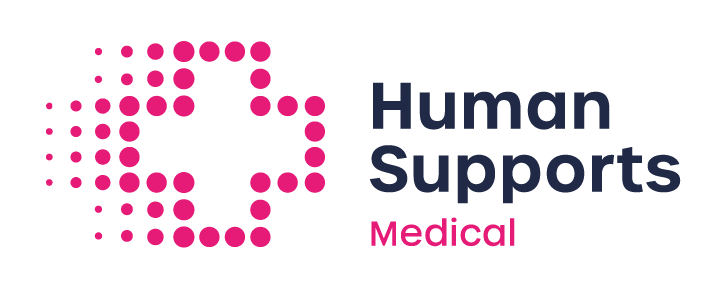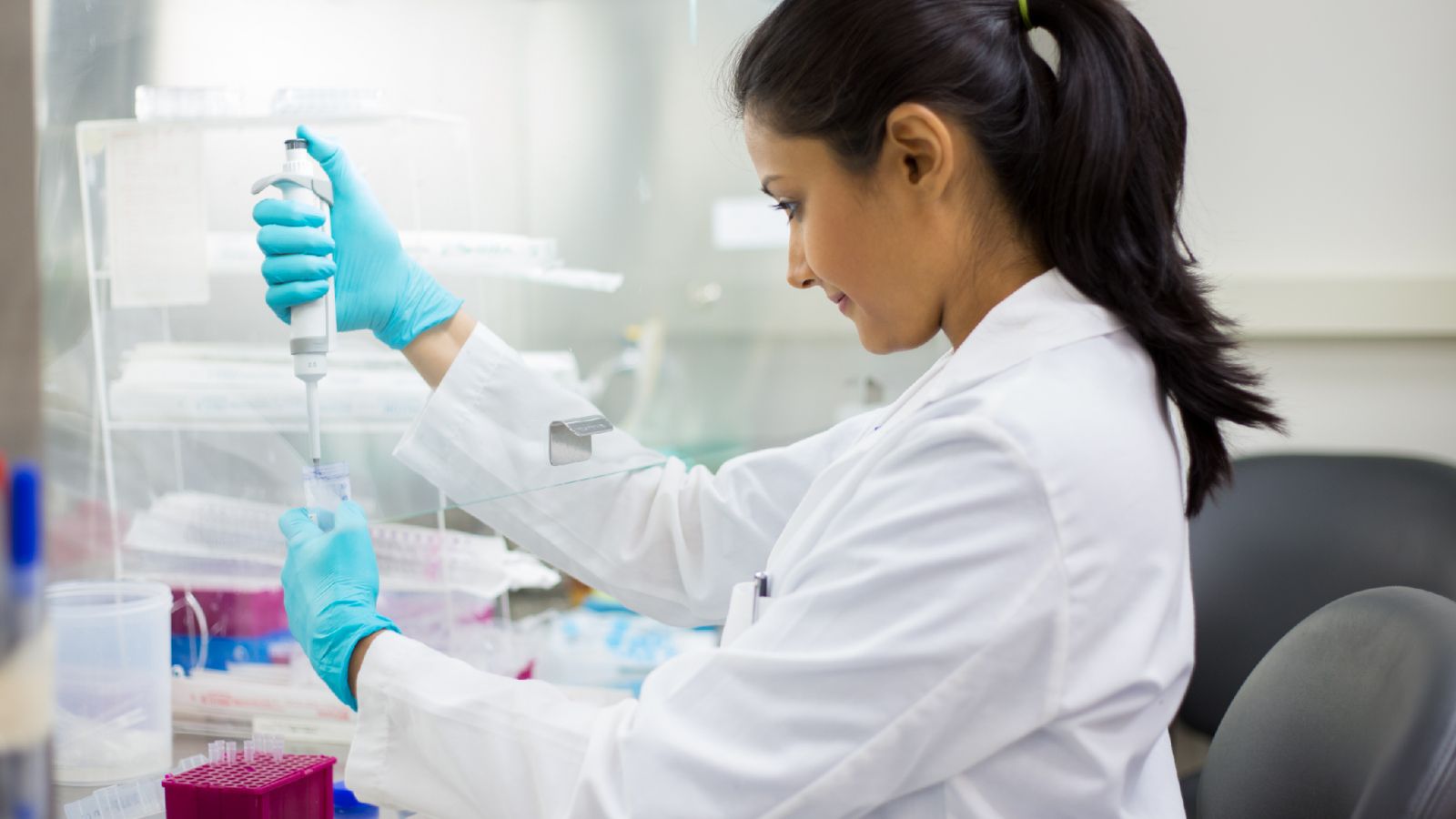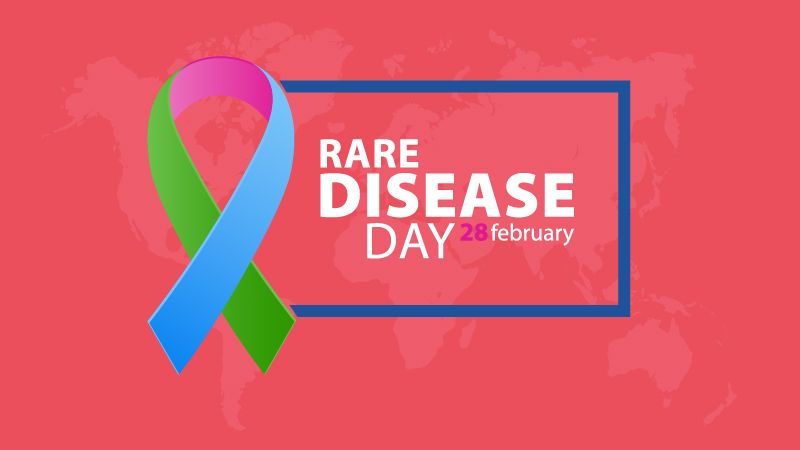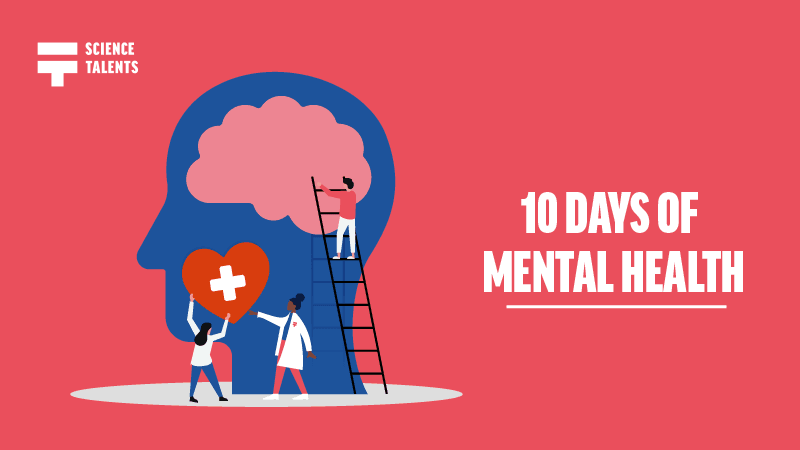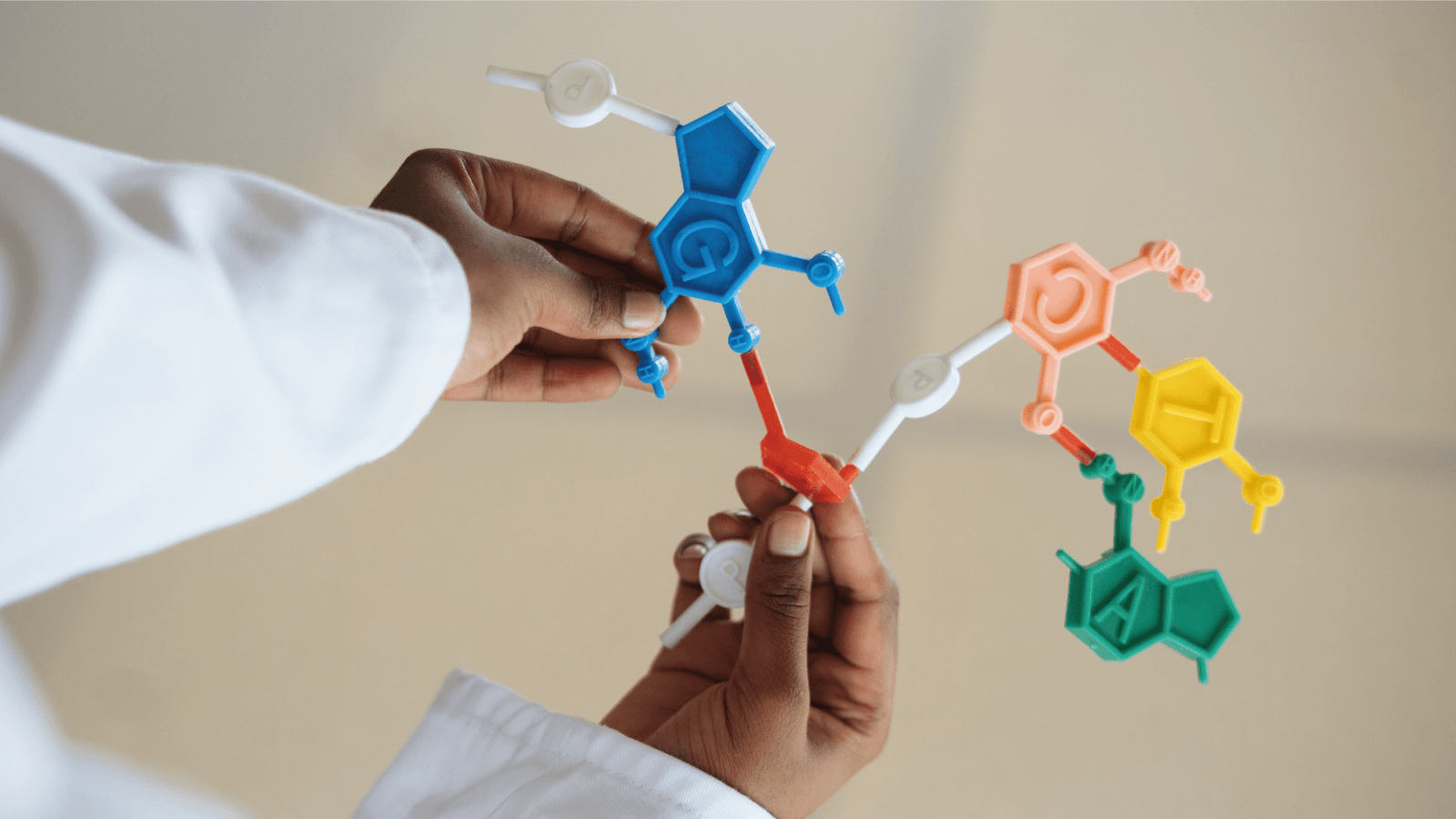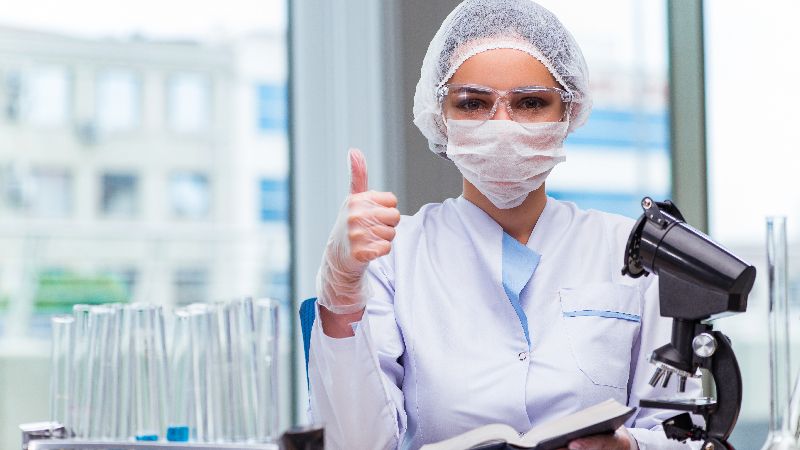"By 2021, the total global amount spent on cancer research is estimated at 187 billion USD."
Pieter obtained a Master's degree in Pharmaceutical Sciences and worked as a pharmacist while studying for his seconds Master's degree in Business Economics. He began his journey at Science Talents as a Clinical Trial Assistant and grew towards his new role as Clinical Research Associate at AbbVie. In light of World Cancer Day, Pieter took the time to write an article about his project as a CRA.
Today, it is hard to imagine a world without cancer. Fortunately, more and more people are being screened nowadays. In 2019, 71,651 new diagnoses were made in Belgium alone. A one-size-fits-all approach does not exist and is impossible as "cancer" is a collective term for conditions that express themselves by uninhibited cell division.
This is where clinical trials come in. On average, the development of a drug takes more than ten years and is very expensive. By 2021, the total global amount spent on cancer research is estimated at 187 billion USD. These clinical trials consist of four phases.
In Phase I of a study, the molecule is given to healthy volunteers. This is to check whether the drug is safe.
In Phase II, the effect of the drug is evaluated, and the different doses are determined. In this phase, patients are closely monitored by doctors, and everything takes place in a controlled environment.
Phase III studies are large studies that observe the effectiveness of the molecule and what the side effects are, often compared to another drug or placebo. Phase III studies also better reflect reality, as they do not take place in a clinical setting.
Phase IV is carried out after the medicine is launched on the market and examines the long-term effects of the medicine. Thus, clinical studies show which drugs work, whether they are safe, etc.
I work mainly on Phase II and Phase III studies, and occasionally on Phase I studies. As a CRA, you mostly collaborate with the hospitals, but of course also with other departments within Abbvie such as pharmacovigilance or medical. Our job is to check whether the studies are conducted according to protocol in order to ensure the safety of the patients. We assist the hospitals with their questions, which can be very practical, but also more theoretical.
Research remains important since, as mentioned earlier, many people still receive the cancer diagnosis. It is therefore very satisfying to know that through my job, I can contribute. There is a lot of investment in new technologies and insights, so hopefully, step by step, we can put an end to this disease.
A job in science?
Do you also want to contribute like Pieter and work in the pharmaceutical industry? Reach out to us so we can explain what Science Talents can offer you.









